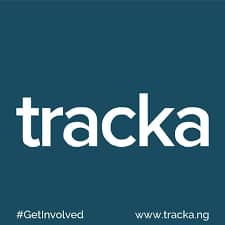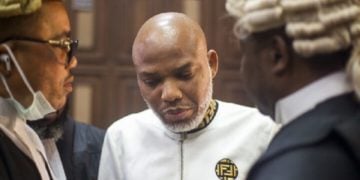Nigerians are expressing concerns about the allocation of funds for empowerment programmes for members of the National Assembly by the Federal Government under its constituency projects.
In Oyo, Abia, and Bauchi states, substantial funds have been allocated to empowerment programmes, but experts are urging for a rethink in how these funds are spent.
While these programmes aim to support citizens through the provision of items like grinding machines, motorcycles, and deep freezers, Tracka, a budget tracking organisation, questions the depth of planning and inclusivity in these initiatives.
Empowerment programmes, as they currently stand, are often associated with large expenditures on materials such as vehicles and machinery.
However, the criteria for allocating these items, as well as their long-term impact, remain unclear.
Mercy Danjuma, Program Manager for Tracka, emphasises the need for a more thoughtful approach to empowerment design, to ensure projects address genuine community needs.
For example, in 2020, N75 million was allocated in Oyo North senatorial district for the procurement of grinding machines, motorcycles, sewing machines, deep freezers, and generators.
These items were subsequently distributed across various wards, though the selection process for beneficiaries has raised eyebrows.
“It remains unknown how beneficiaries were chosen,” Mercy noted, adding that past instances have shown that party loyalists often received preference in the allocation of these items.
The case in Abia state mirrors similar concerns.
With N20 million allocated to Abia North senatorial district for motorcycles, the initiative resulted in motorcycles being labeled as a ‘donation’.
Although well-intended, the labeling has sparked debates about whether such programmes serve public needs or political interests.
Mercy and others at Tracka argue that, rather than simply distributing items, there should be a structured process in place to evaluate the needs of communities before budget allocations are made.
Mercy said: “The Federal Government should make it imperative for elected representatives to conduct a needs assessment before nominating capital and zonal intervention projects.
“This way, projects can facilitate collective and inclusive growth across local communities.”
Tracka continues to push for transparency and better-designed empowerment programmes, as they believe this would lead to sustainable development and a fairer distribution of resources across Nigeria’s diverse communities.
Yahoo Mail: Search, organise, conquer





